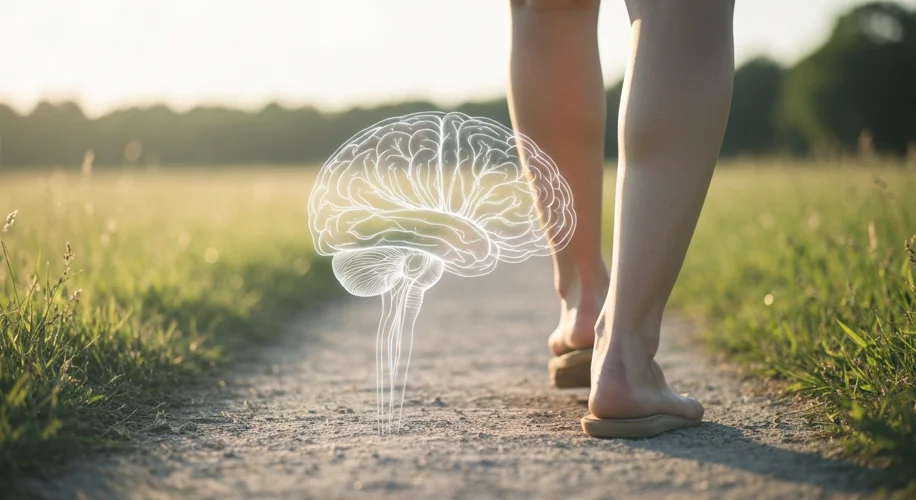It’s a thought that might surprise you: dementia not starting in the brain, but in the legs. This idea comes from neurosurgeons at AIIMS, who suggest that changes in how we walk could be one of the earliest signs of dementia. It’s less about memory lapses initially and more about our physical movement.
Did you know that our walking patterns can reveal a lot about our brain health? As we age, subtle changes in our gait, balance, and speed can be indicators of underlying neurological issues. This perspective shifts the focus from purely cognitive tests to observing our everyday physical actions.
So, what are these signs experts are talking about? AIIMS neurosurgeons have pointed to a few key indicators that might suggest a person is at risk:
- Changes in Walking Speed: A noticeable slowing down of your walking pace, even when you don’t feel particularly tired or unwell, could be a signal. This isn’t just about being a bit slower; it’s a consistent and significant reduction in speed.
-
Reduced Arm Swing: Pay attention to how your arms move when you walk. A diminished or asymmetrical arm swing might indicate changes in the brain areas that control motor function.
-
Balance Issues: Difficulty maintaining balance while walking, feeling unsteady, or needing to hold onto things more often than before could be a sign. This can manifest as a wider stance or more shuffling steps.
-
Difficulty with Dual Tasks: Many of us can walk and talk or walk and carry something without much thought. However, if simple activities like walking while talking become challenging, or if you find it hard to coordinate walking with another simple task, it might be worth noting.
These observations are fascinating because they highlight the interconnectedness of our body and brain. The brain controls everything, including the complex coordination required for walking. When these processes are affected, it can show up in our physical movements before more obvious cognitive symptoms appear.
It’s important to remember that these signs aren’t definitive diagnoses on their own. Many factors can affect walking, from arthritis to general fatigue. However, if you or someone you know is experiencing persistent changes in their gait, especially alongside other subtle shifts, it could be beneficial to discuss these observations with a healthcare professional. Early awareness and consultation are always key when it comes to health.

